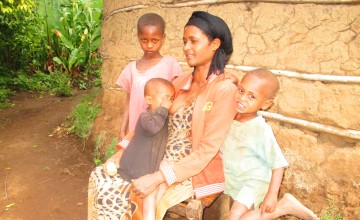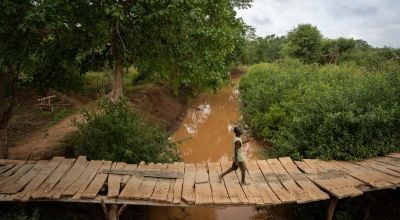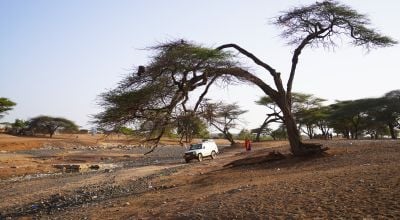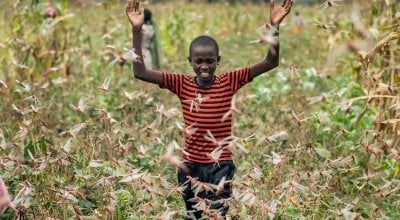
Read our 2023 annual report

Knowledge Hub
Diversifying diets in Ethiopia

At just over a year and a half, little Abush Amba was suffering from malnutrition when he entered our ECHO-funded resilience programme in Duguna Fango Woreda, Ethiopia. Here, his mum, Adalke tells her story.
Adalke's story
Previously, I was not concerned about my children’s diet as long as their stomachs were full and they looked healthy. Then, Concern organised a session that taught me and the other mothers in my community that children should be fed with diversified food groups and that we do have access to these foods.
We also learned that even if our children are developing well physically, it doesn’t mean that their overall development is healthy. We now understand that unless we feed our children with diversified foods, their mental growth – which is invisible – will be limited, and this will have a very bad impact on their future.
Combining food groups
Mothers of children under two, like me, were organised into groups of ten. After receiving education on a diversified diet, we began bringing along a range of different foods that we have in our homes (largely thanks to the project) to the group – such as potatoes, cabbage, milk, eggs, haricot beans, oil and iodized salt. These examples represent all food groups necessary for healthy child growth. We’d then cook together, combining different foods in different ways each day for fourteen days.
We measured the weight gain of our children. Abush, my son, participated in the programme and graduated from it after attending the session for 14 consecutive days. He was 10.3kg on admission and gained 800g during the programme. I still follow the young child feeding practices and my boy is healthy and strong.
My six other children have also benefitted. They’re getting diverse meals every day because of my awareness from the programme. Apart from young child feeding practice, we were educated on other health issues in each session such as hygiene and sanitation, family planning and prevention of communicable diseases.
My participation in the programme has allowed me to gain a lot and it has changed my life.
My husband and I began discussing family planning and we have decided not to have any more children. I have started using bed nets correctly to protect my children from mosquito bites and I am also using the knowledge on clean water and its importance for hygiene and my family’s health.
The programme that Abush and Adalke participated in was implemented by the Concern team and funded by the European Civil Protection and Aid Operations (ECHO).
Learn more about our work in 26 countries worldwide.





